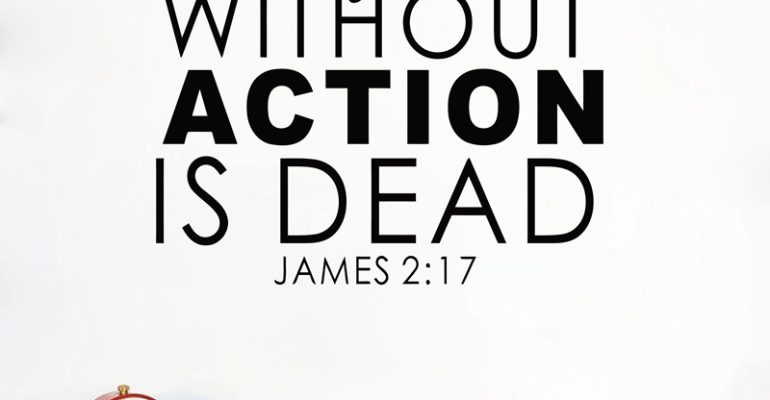New Possibilities Through Performatives
June 7, 2020 2023-04-05 19:12New Possibilities Through Performatives
New Possibilities Through Performatives
New Possibilities Through Performatives
I’m not quite sure if you’ve encountered the word performatives before. It sounds as complicated as the previous speech acts we’ve discussed. Yet, it is a little more interesting in my opinion. It is as simple as it is complicated. Some people would classify performatives as statements, and that is neither true nor is it false. When people speak performatives, they are not just saying something, they are doing something. In other words, all the other speech acts actually fall under performatives, and yet technically speaking, they don’t. Performatives are uttered when someone simply means what he says.
Let’s put this in a manner of compare and contrast so you can get a clearer understanding. There is this thing we call constatives. Constatives can be classified as sayings, like making a description or giving a statement. On the other hand, performatives are classified as actions, such as when making an order or a promise.
There are several things in this world that end up done just by saying what you are doing. You express your sorrow and mend relationships by saying “I’m sorry.” You get rid of a person from his post by saying “you’re fired.” You name your newborn child by announcing that “I name my son _______”.
The thing about performatives is that they can fail.
You may be successful in conveying your apologies but unsuccessful in obtaining the forgiveness as to which you apologized for. If you are not actually in the position of authority to fire someone from his job, then you saying that a person is fired, is meaningless and won’t have any effect. And you can announce that your son’s name is Tom or Jerry or Phil or whatever you want, but if your spouse does not agree and if it won’t stick to others, then it can’t really be said that the name you have chosen is the name that is acquired.
And then there’s the favorite example of saying “I accept this person to be my lawfully wedded wife.” Can you imagine a wedding ceremony wherein one party says, “I do” and the other says “I don’t”? The one who said “I do” can say it all he wants for as long as he wants, but if the other party keeps turning him away, then he can’t actually fulfill the roles and duties of a spouse. Similarly, someone can yell at his spouse “I divorce you” even in front of their children and their relatives, but we all know that’s not lawfully binding and will not take into effect.
There is also the matter of the weight of the performative. For instance, one can vow and say, “I do,” but he did so with insincerity. Indeed, he did take her to be his lawfully wedded wife – but only until it was convenient for him.
We can be incredibly insincere with our utterances. A person can apologize and utter the words “I’m sorry” and not mean it. We can tell someone that we are welcoming them into our home when deep inside, we can’t wait for them to leave. And so then, it becomes difficult to classify them as true performatives.
Check out: Performatives in the Bible
Experience the Power of Prophecy as a gift to open your mind to receive the Mind of Christ.
Your weekly dose of prophetic wisdom and anointing awaits you. Join our LIVE Conference Call!
1) Call 515-604-9266
2) Go to startmeeting.com, and use the login: BishopJordan







